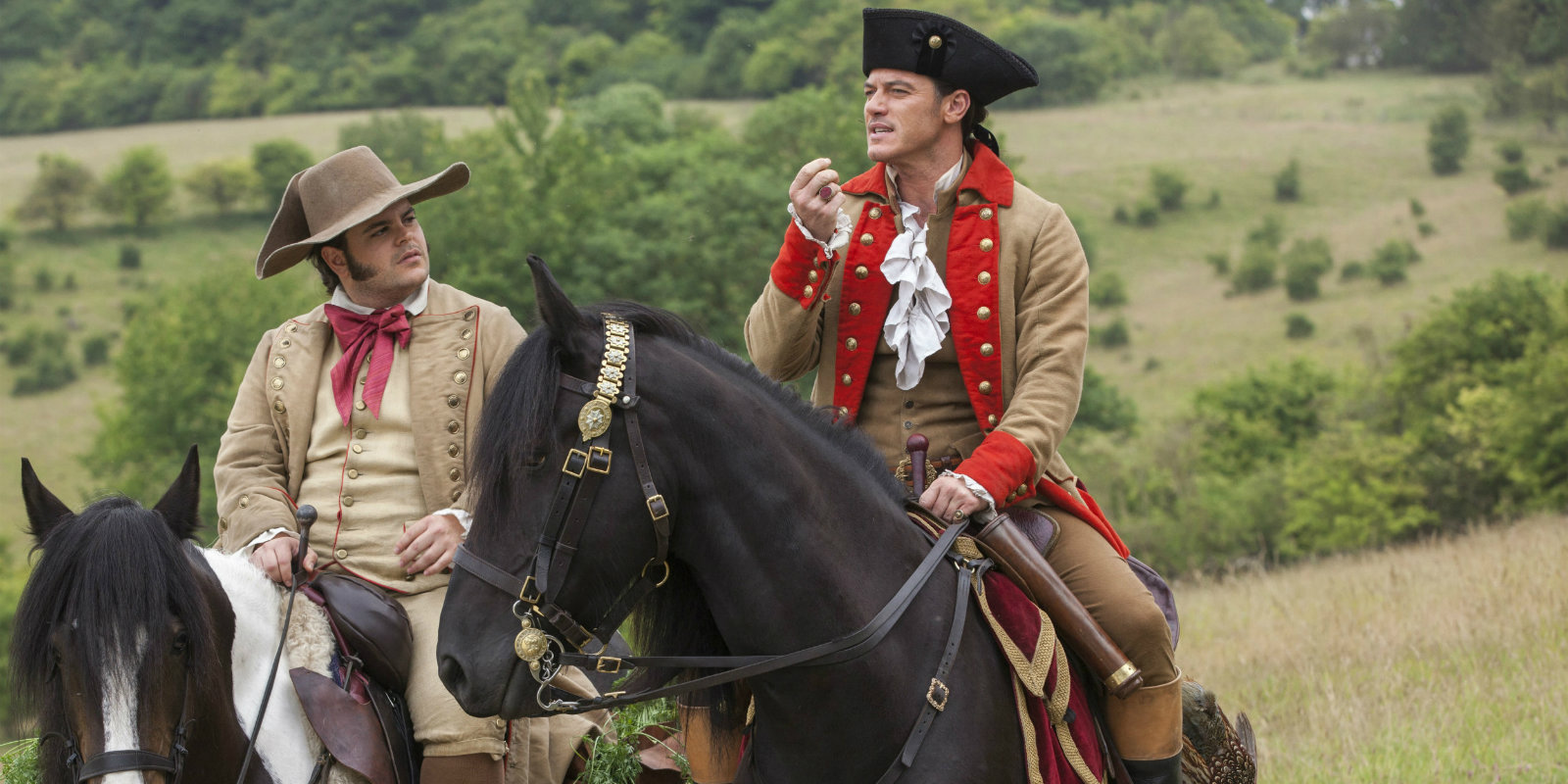“Beauty and the Beast,” Disney’s most recent release of their 22 planned live-action remakes, creates a new tale as old as time with a controversial sexual orientation of the character LeFou.
The remake of the 1991 animated movie, released March 17, is expecting an inordinate return on the $106 million production. According to Forbes, the movie, which now stands as the 44th- biggest movie in revenue of all time, had box office sales of $174.8 million for the debut weekend and is expected to hit the $400 million mark on box office sales today.
LeFou, portrayed by actor Josh Gad, is the sidekick, friend and right-hand man to Gaston. Gad said he is proud of his role and its “subtle but incredibly effective” part in the film’s final scene.
Bill Condon, director of the film, said the character LeFou is meant to be “confused about his sexuality.”
In an interview with Attitude magazine, talking about the character LeFou, Condon said, “It’s somebody who’s just realizing he has these feelings and Josh makes something really subtle and delicious out of it. That’s what has its payoff at the end, it is a nice, exclusively-gay moment in a Disney movie.”
According to the Guardian, officials in both Russia and Malaysia voiced concerns due to their nations’ stances on homosexuality.
Disney postponed the release of “Beauty and the Beast” in Malaysia because the movie would only be approved if the “gay moment” was cut from the film. Disney refused to cut the scene for Malaysia, where homosexual activity is illegal.
Abdul Halim Abdul Hamid, film censorship board chairman for Malaysia, said the film was approved by the board apart from the aforementioned scene because scenes promoting homosexuality are forbidden. The nation also labeled the movie with a PG-13 rating.
“It is only one short scene but it is inappropriate because many children will be watching this movie,” Abdul Halim said.
In Russia, the movie was released as adult-only with a rating of 16+ preventing children from seeing the remake edition.
“I’m convinced the main task of the state regarding children is to protect childhood and youth from the filthiness of the world, to preserve children’s purity, to block our children off from harmful and dangerous phenomena,” Vitaly Milonov, a Russian politician, said. “And in this case, our shared task is to not allow the release of this musical on the screen under any guise.”
The Henagar Drive-In, located in Henagar, AL, posted to its Facebook prior to the movie’s release saying they would not show “Beauty and the Beast” because “we will not compromise what the Bible teaches. You can feel free to come watch wholesome movies without worrying about sex, nudity, homosexuality and foul language.”
Where do I stand, as a Christian who chose to watch this movie, on the controversy? I stand right in the middle, neither accepting nor denying the choices of either party.
I believe there are commendable intentions behind each objection or agreement to the controversy, however we’ve forgotten to see the other sides of our stand. I appreciate Condon and Gad for keeping the moment brief and subtle to not eclipse the heart within the story. Russian authorities attempting to preserve the purity of their nation’s youth is admirable but feels less achievable in today’s society.
I am upset with Disney allowing themes into their movies that go against what I believe in, but I have the same choice as anyone else does to not see the movie if I don’t agree with what is being portrayed within it. Disney never aligned themselves as a Christian company, or even a company for children. They exist as a global entertainment and media company.
The day “Beauty and the Beast” was released, my parents told me not to take my younger sister to see the movie because of the speculation surrounding it. I respected their wishes and waited until the following weekend to see the movie on my own time.
In watching the film, I found myself far more concerned by the continuous, uncalled for advances Gaston makes at Belle despite her turning him down time and time again. Why are more people not upset about this?
If children pay close enough attention hopefully they will focus on the brilliance of Belle, wit of Lumière and Cogsworth, the kindness of Mrs. Potts or the silliness of Chip throughout the film and not the three seconds of two men embracing during the final waltz. If three seconds still seems like too much, there is no shame in sticking to watching the animated version of “Beauty and the Beauty.”














Be First to Comment